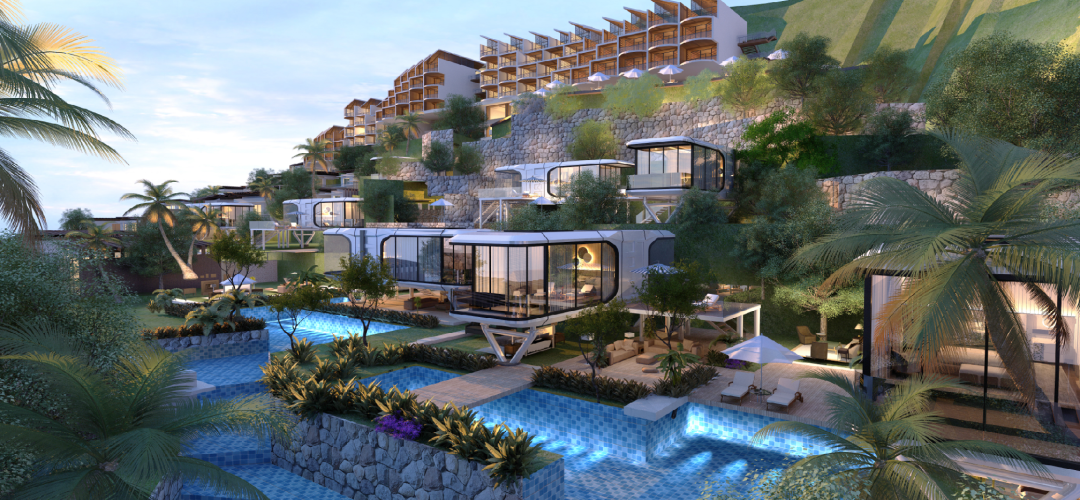Seeing that the global travel industry will grow at 5 % every year, hotels are under increasing pressure to provide high quality unique and efficient accommodations. Modern travellers are not just in the hunt for a room but a room with a difference. But what if there was a concept that offers agility, tanked down costs and understands the changes and the needs of the guests? Understand how capsule hotels are changing the rules of travel for present-day travellers.
Table of Contents
1) Space Efficiency and High-Density Accommodation
Capsule hotels were built in a manner that seeks to maximise space efficiency, with capsule sizes ranging from 30 to 50 square feet as opposed to an average hotel room that can range from 200 to 400 square feet. It is easier to put up more guests in the same capsules area enabling hoteliers to raise more occupancy without requiring more space.
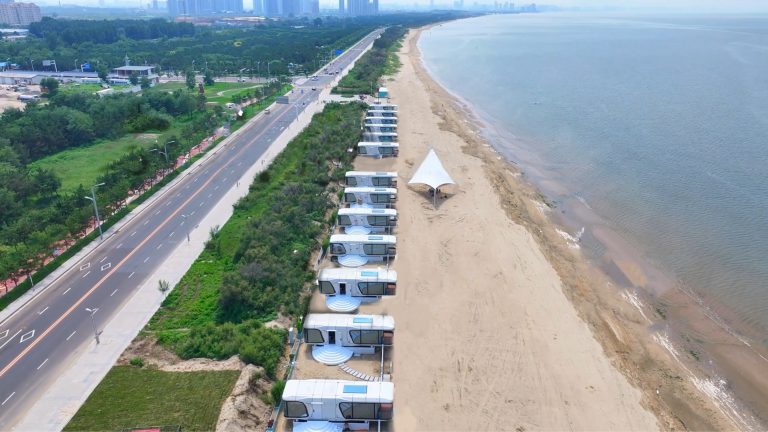
For example, a 2000-six foot space in a classical hotel may have between five to ten rooms, whereas in a capsule hotel, the same facility can hold 40 – 60 capsules. Capsules do present a smaller size but are also provided with basic features like lighting, ventilation and electricity for the customers. The structure is designed for cities with expensive properties – capsule hotels are cheap for both hoteliers and guests due to the effective combination of privacy and reasonable rates.
2) Eco-Friendly and Sustainable Design
Capsule houses result in less environmental impact than a traditional hotel in response to rising green tourists. For instance, several processes are optimised by capsule hotels, such as those by LUBAN CABIN, that are built using green materials that include recycled steel, reclaimed wood, and green insulation. This decreases construction waste by up to 50% regarding building conventional hotels. In addition, capsule houses use less energy in operations due to folding out into small sizes.
For instance, a traditional hotel room takes 10-20Kwh for heating, cooling and lighting electricity at night, whereas a capsule hotel takes 2-5Kwh per capsule. Regarding heat requirements, many capsule hotels also employ renewable energy sources like solar panels, which cover up to 30% of shipboard energy consumption. Smart energy management systems increase efficiency by using energy-efficient equipment based on occupancy.
They manage to limit energy consumption and decrease the level of used resources in construction, and therefore, it is an ecologically sound capsule hotel solution inseparable from environmentally responsible travellers.
3) Cost Savings on Construction and Maintenance
Capsule houses also have quite a lower initial construction cost than traditional houses. The construction process of capsule hotels may be done in as little as 40% less time than how long it takes for the general constitution of a normal hotel which is 9 to 12 months. This leads to cost savings of 15-20% on the total construction cost due to labour and material cost reduction. Furthermore, onsite activities are minimised because the majority, if not all, of the construction activities are carried out in the factory hence reducing site-caused pollution by about 50%.
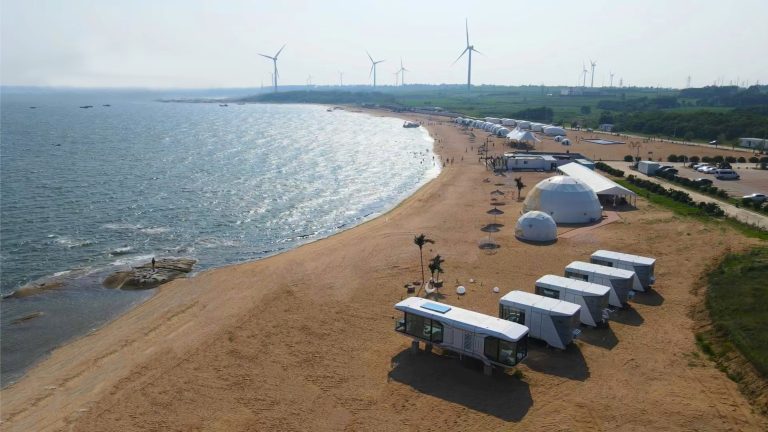
Another reason capsule houses are more efficient than traditional hotels is their operational characteristics or living costs. For instance, high-strength steel and weather-resistant plastics in capsule hotels can withstand weather conditions for around twenty to thirty years with low maintenance. Studies show capsule hotels can experience maintenance cost reductions of up to 25% compared to traditional hotels, as repairs are infrequent and cleaning is more efficient due to the compact and modular design.
Also, installation is efficient since capsule units are manufactured, assembled, and tested before installation. Hence, there are fewer operational quality defects and fewer operational quality losses on the organisation’s budget. The attributes outlined above collectively deliver economic and ecological benefits to urban hoteliers looking forward to investing in this construction.
4) Customizable for Diverse Guest Needs
One of the main characteristics of hotels with capsule houses is a high level of customization, which is necessary for a wider spectrum of the guests and theme of the hotel. By changing the design, features and layout of the capsules, hotels can appeal to a large section of their customers.
For instance, basic single-occupant capsules that measure about 30 square feet in area will cater for low budget travellers by providing them with only the essentials such as personal support lamps, USB ports and tiny cupboards.
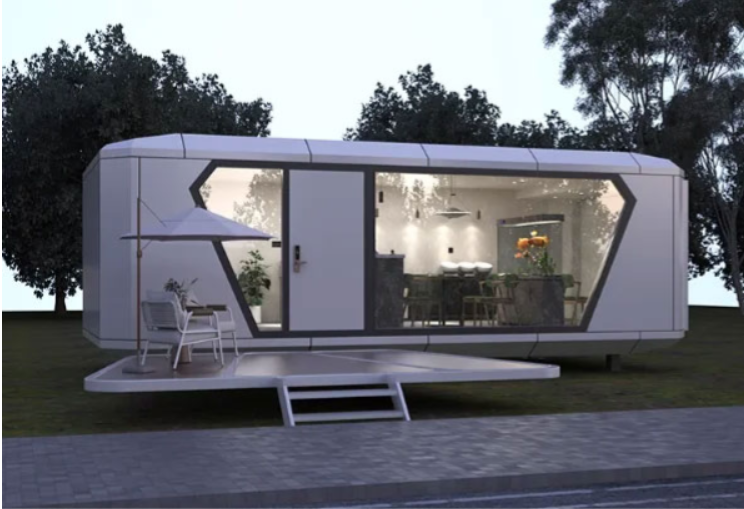
On the other end of the spectrum, there are top-end suite pods which can be as small as 50 square feet and as large as 80 feet which are well provided with quality sheets, entertainment systems, lights which can be turned on or off and a bathroom in the apartments. Such premium facilities may raise daily charges from 50-100% above average regarding the amenities offered and still take up less space than a conventional hotel room.
Similarly, family capsules which can hold two or more persons include 60-100 square feet of floor space and include interconnected pods or larger floor plans for parents travelling with kids. This allows changing the geometry offered to different segments of guest compression, low occupancy, at an elevation of high occupancy.
Furthermore, customisation options for materials and finishing of capsule houses make it it easier for hoteliers to meet their brands or concepts, hence maximising their profitability and efficiency.
5) Quick Setup and Scalability for Growth
The nature of the capsule houses makes it possible for the hotel chains to expand in quick succession whenever there is an increase in demand. Such conventional hotel expansions take 12 to 18 months, but capsule hotel facilities can be set up in 1-2 days per unit installed in place. This paves the way for hotel managers to take advantage of season peaks and make use of occurrences such as festivals, conferences and sporting events without the risk of losing business due to overbooking.
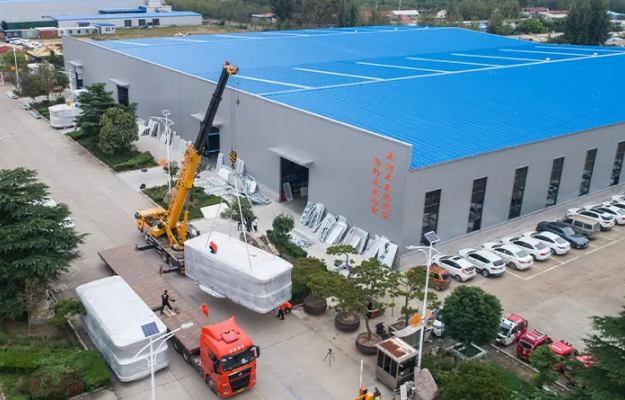
Supposing during a convention, one hotel that has more than five hundred rooms can add a couple of capsule units inside the rooms in a few weeks and boost the capacity provision for the event by almost a fifty per cent increase in the said items. There is an estimated cost of about 30 to 50 % less for each capsule unit rather than developing an ordinary hotel room. There is the cost of building a standard hotel room of about $100,000 – $200,000, while for a capsule unit, the cost would be between $11, 000- $50, 000, which is a very economical estimate.
This scalability not only enables hotels to manage their occupancy during periods of peak season so as to maximize profits but also comes up with a humane solution to structural modifications over the long run. They enable hotel management to increase or decrease the number of rooms in terms of Capsules, thus, optimising the earnings without destroying any part of the building.
Conclusion
To summarize, capsule houses provide added value to hotel owners because they optimize space utilization, cut down expenses and are environmentally friendly. Its modular design is also easy to customise and facilitates fast expansion which is important in dealing with operational growth or shrinkage. LUBAN CABIN capsule units offer hoteliers an effective low-cost product that is environment friendly and appealing to the modern ethical traveller. Implementing capsule houses can enable hotels to increase occupancy rates and diversify their services for the current market.
